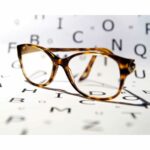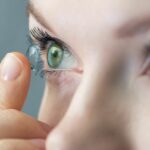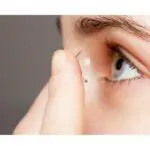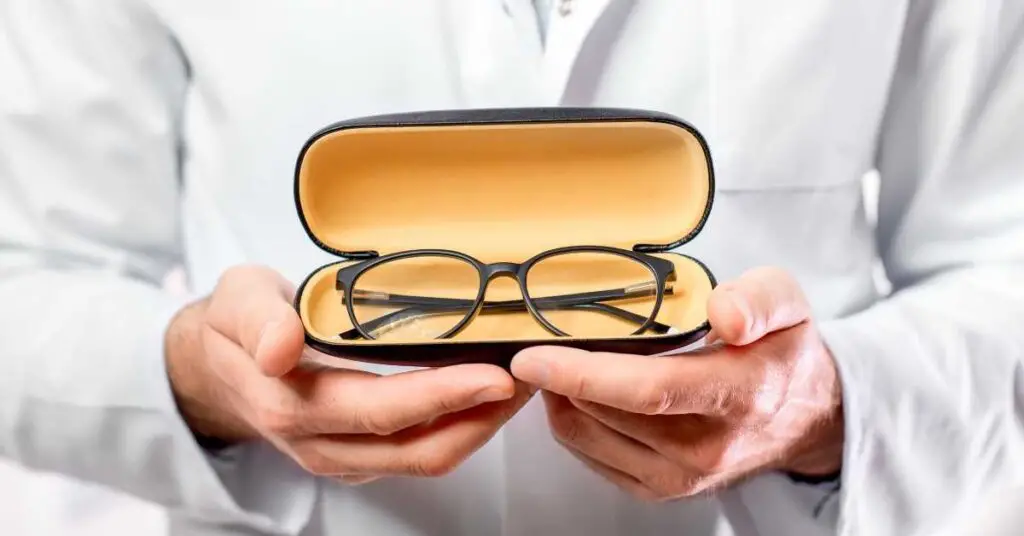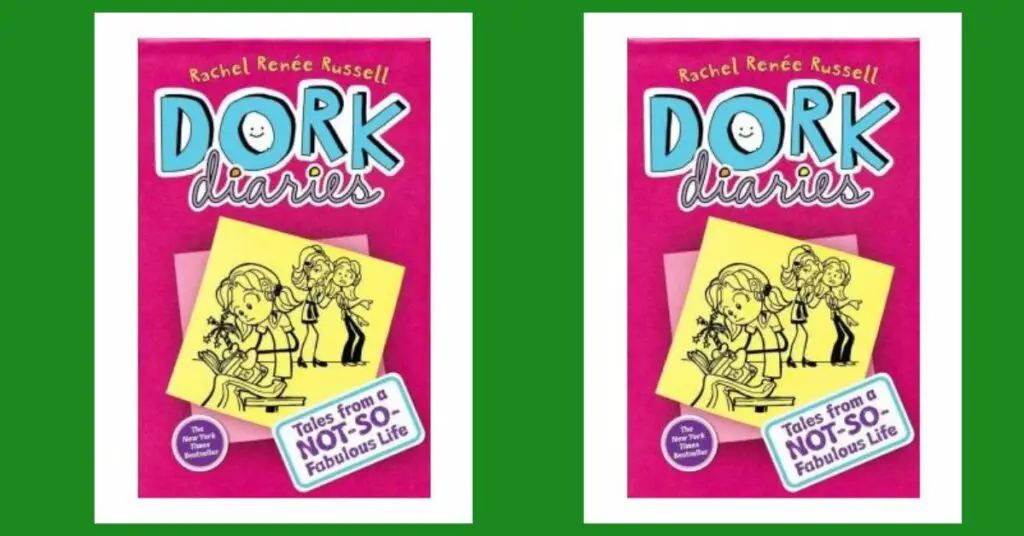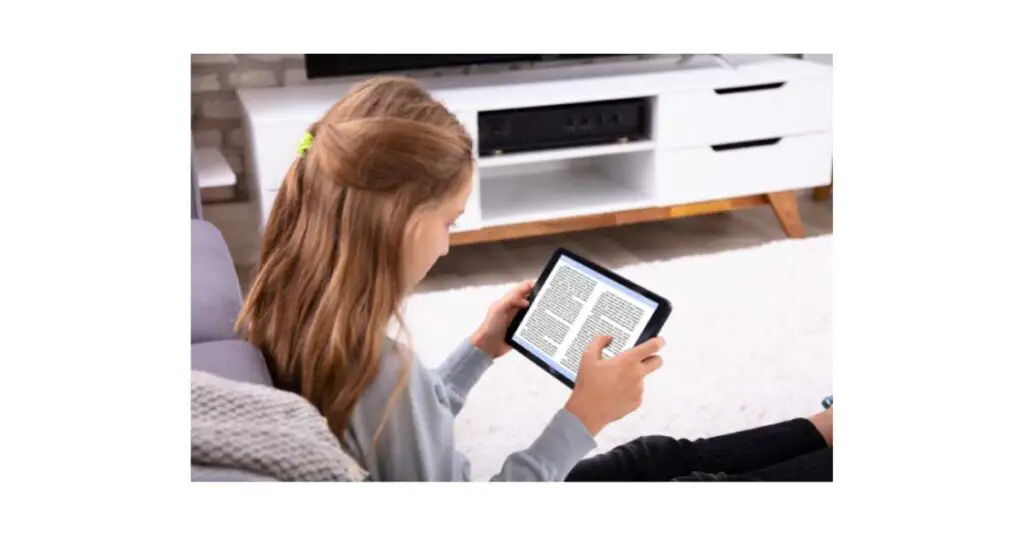Nearsightedness, or myopia, is a common vision condition that affects millions of people around the world. People with myopia can see objects that are close to them clearly, but those that are far away appear blurry. Nearsightedness usually develops during childhood and adolescence, and it often runs in families. While there is no cure for myopia, it can be effectively managed with corrective lenses or surgery.
Whether or not someone with nearsightedness needs reading glasses depends on their lifestyle and the severity of their condition. Some people with mild myopia can get by without glasses for everyday activities like driving and watching television. However, if you have moderate or severe myopia, you will likely need to wear glasses or contact lenses for most activities. Reading glasses are often necessary for people with myopia, as they help to improve the clarity of near objects. If you have myopia and need reading glasses, be sure to visit your eye doctor regularly to monitor your condition and make sure your prescription is up-to-date.
How does nearsightedness develop and can it be prevented?
Most people with myopia, or nearsightedness, have inherited the condition. It occurs when the eyeball is too long or the cornea, the clear front cover of the eye, has too much curvature. This causes light rays to focus in front of, instead of on, the retina — the light-sensitive tissue at the back of the eye. The retina then sends blurred images to the brain.
Nearsightedness appears to be partly genetic. If one or both parents are nearsighted, their children have a greater chance of being nearsighted. It seems to be linked to genes involved in regulating the growth and development of body tissues. Environmental factors may also play a role in its development. A recent study found that children who spend more time outdoors are less likely to be nearsighted than those who spend less time outside. The reason for this isn’t clear, but it’s possible that exposure to sunlight may help regulate the growth of certain eye tissues.
There’s currently no proven way to prevent nearsightedness. However, some studies suggest that wearing glasses or contact lenses at an early age may slow its progression. However, in other cases, myopia may require refractive surgery. Refractive surgery involves changing the shape of the eye so that light is properly focused on the retina. This can be done with lasers or other surgical techniques. Myopia can also be corrected with a procedure called photocoagulation. Photocoagulation uses a laser to destroy the tissue that is causing the myopia. Although photocoagulation is not as effective as refractive surgery, it can be used to correct mild cases of myopia.Wearing them consistently is important, though, as even brief periods without them can cause the condition to worsen again.
How do nearsighted people see?
How do nearsighted people see? Nearsightedness, or myopia, is a refractive error of the eye. This means that the eye does not bend light properly, resulting in blurred vision. People with myopia can see close objects clearly, but faraway objects appear blurry.
Do all nearsighted people need to wear reading glasses?
No, not all nearsighted people need reading glasses. However, many people with myopia will need to wear them for some activities, such as reading or using a computer.
What are the different types of reading glasses?
There are several different types of reading glasses, and the right choice for any given person depends on their specific needs. For example, bifocal reading glasses have two different lens powers in one frame, which can be useful for people who need different strength lenses for distance and close-up vision.
Trifocal reading glasses work similarly, but with three different lens powers. Multifocal reading glasses have a progressive lens, which gradually gets stronger from the top to the bottom of the lens. This type of lens is often used for people who need both distance and close-up vision correction. Finally, photochromic reading glasses have lenses that darken in sunlight, making them ideal for people who spend time both indoors and outdoors. When choosing reading glasses, it is important to consult with an optometrist or ophthalmologist to ensure that the glasses are the right strength and fit properly.
How to choose the right reading glasses for nearsighted people?
For those who suffer from nearsightedness, finding the perfect pair of reading glasses can be a challenge. Not only do you have to take into account the strength of your prescription, but you also need to find a pair that suits your lifestyle and budget. However, with a bit of research, it is possible to find the perfect pair of reading glasses for nearsighted people. Here are a few tips to help you get started:
1. Start by visiting your optometrist or ophthalmologist. They will be able to provide you with a copy of your prescription, which will make it easier to find glasses that are suited to your needs.
2. Once you have your prescription, take some time to compare different brands and styles of reading glasses. There are a variety of online retailers that offer a wide selection of glasses, so you should be able to find something that suits your taste and budget.
3. When making your final decision, be sure to consider the type of frames that will best suit your face shape. You should also keep in mind thatreading glasses come in a variety of different strengths, so be sure to choose a pair that will be comfortable for you to wear.
With a bit of effort, it is possible to find the perfect pair of reading glasses for nearsighted people. By following these simple tips, you should be able to find a pair of glasses that will help you enjoy your favorite books and magazines without any difficulty.
Where to buy reading glasses for nearsighted people?
There are a number of different places where you can buy reading glasses for nearsighted people. However, the best place to start your search is with your optometrist or ophthalmologist. They will be able to provide you with a list of reputable retailers who sell glasses that are suited to your specific needs.
Additionally, there are a number of online retailers that offer a wide selection of reading glasses. By taking some time to compare different brands and styles, you should be able to find a pair of glasses that suits your taste and budget.
What are some common problems with reading glasses and how can they be avoided?
Common problems with reading glasses include lens fogging, slipping down the nose, and static cling.
Lens fogging can occur when the lenses are exposed to sudden temperature changes, such as when moving from a cool room to the outdoors. To prevent lens fogging, it is important to clean the lenses before putting on the glasses and to avoid storing them in a warm environment.
Slipping down the nose is another common problem with reading glasses, especially for those who have a high nose bridge. Glasses that slip can be uncomfortable and even dangerous if they become dislodged while driving or working with machinery. To prevent slipping, it is important to choose a pair of glasses with adjustable nose pads or to wear a strap that goes over the head.
Static cling is another common problem with reading glasses, particularly in dry climates. Static cling occurs when the electric charge on the lenses attracts dust and other particles. To prevent static cling, it is important to clean the lenses regularly and to store them in a case when not in use. By keeping these common problems in mind, you can help ensure that your reading glasses are comfortable and effective.
What are the benefits of wearing reading glasses for nearsighted people?
For people who are nearsighted, reading glasses can be a godsend. Not only do they help improve vision for reading and other close-up tasks, but they can also help alleviate eye fatigue and headaches.
In addition, reading glasses can help to reduce the risk of eye strain and other problems associated with extended periods of close work. And because they are relatively inexpensive and easy to use, reading glasses offer an attractive option for people who want to improve their vision without breaking the bank.
Whether you’re looking to save money on your eyeglasses or simply want to improve your vision for reading, wearing reading glasses can be a great choice.
Conclusion
In conclusion, people with nearsightedness may or may not need reading glasses. It depends on their severity of their condition. People with mild nearsightedness may be able to see fine print without difficulty, while those with severe nearsightedness may need to wear reading glasses all the time. In any case, it is important to consult with an eye doctor to determine the best course of treatment.




